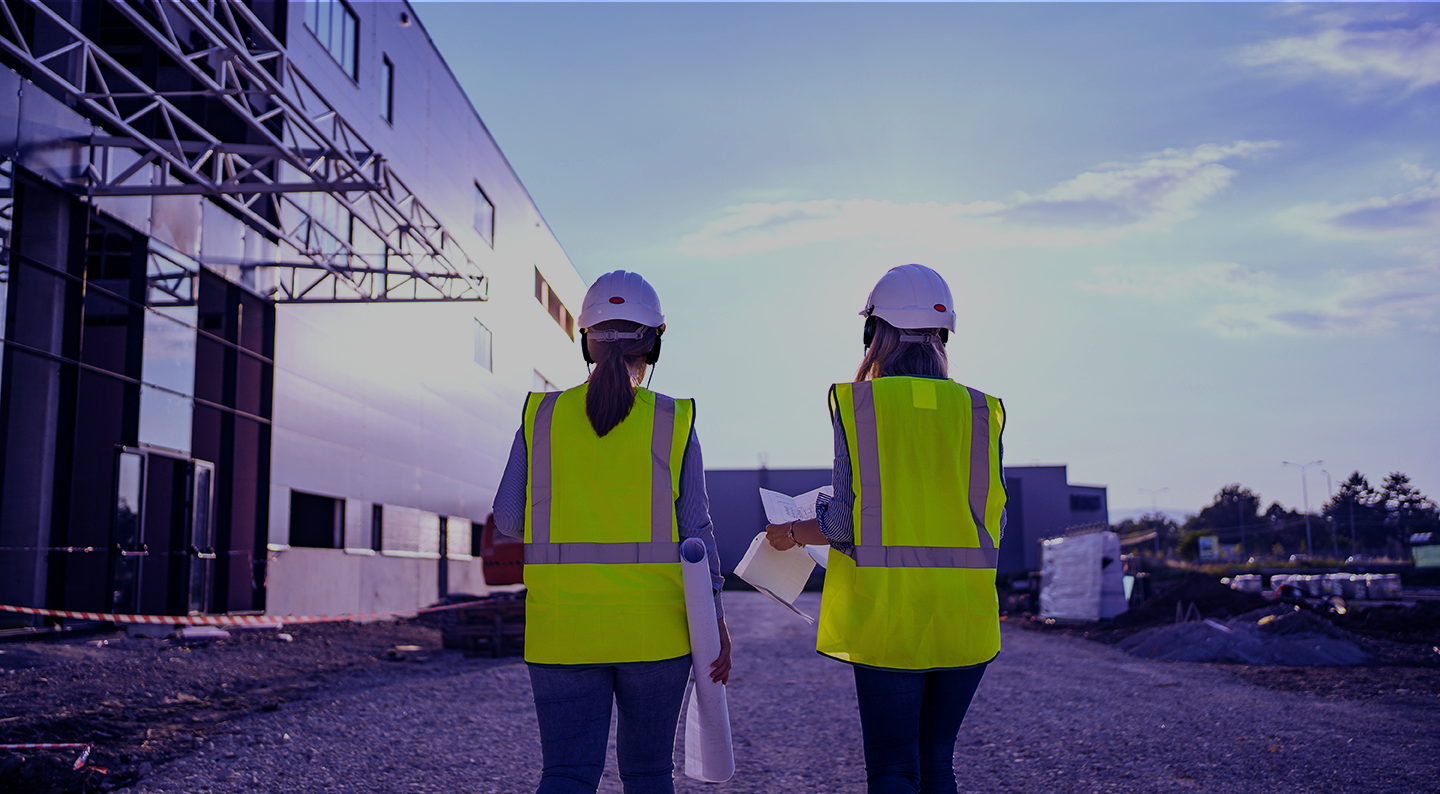National Why a Year-End Checkup Matters For many industrial.
VIEW BY CATEGORY
View All Blogs

- Hearing Protection
- High-Noise Workplace Safety
- High-Noise Communication
- Noise-Induced Hearing Loss
- Sensear Technology
- Hazardous Locations / Intrinsic Safety
- Bluetooth® / Wireless Communication
- Situational Awareness
- Noise Suppression
- Two-Way Radio Communication
- Tours and Training
- Double Hearing Protection
- Sensear News
- Hearing Protection Headsets
- Headset Maintenance
- Hearing Protection for Workers
- Noise Reduction headset
- Noise-Canceling Communication Headsets
- OSHA Hearing Protection Standards
- Occupational Hearing Protection
- SENS® Technology for Hearing Protection
- 360° Situational Awareness
- Headsets for Dangerous Work Environments
- Headsets for Loud Machinery
- Health and Safety in Industrial Workplaces
- Hearing Protection Equipment for Workers
- Hearing Protection in Industrial Workplaces
- High-Noise Environments
- Industrial Communication Solutions
- Industrial Headsets for Safety
- Industrial Noise Protection
- Noise-Induced Hearing Loss Prevention
- Safety Headsets for Noisy Environments
- Workplace Safety with Headsets
- AI Data Centers
- ATEX Certified Headsets
- Aircraft ground crew communication
- Airport Ground Support Safety
- Airport ground crew headsets
- Aviation industry safety solutions
- Baggage handler headsets
- Battery-Powered Two-Way Radio Headsets
- Bluetooth Headsets for Communication
- CSA Certified Headsets
- Clear Communication in Hazardous Zones
- Clear communication in noisy environments
- Construction Communication Headsets
- Construction Safety Equipment
- Construction Worker Safety
- Data Center Noise Reduction
- Data Center Productivity
- Data Center Safety
- De-icing crew communication
- Dual hearing protection
- Explosion Proof Communication Equipment
- Explosion-Proof Headsets
- Ground support equipment noise
- Hazardous Environments
- Hazardous Location Communication
- Hazardous Noise
- Hearing Protection Solutions
- Hearing Protection for Manufacturing
- High-Performance Headsets
- High-noise manufacturing environments
- IECEx Certified Headsets
- Industrial Noise-Canceling Headsets
- Industrial Radio Headsets Compatibility
- Industrial Safety
- Intrinsically Safe Headsets
- Long Battery Life Radio Headsets
- Manufacturing safety solutions
- Manufacturing worker safety gear
- Noise Cancelling Ear Protection
- Noise exposure in manufacturing
- Occupational Health and Safety
- Occupational hearing loss prevention
- Personal Protective Equipment (PPE)
- Preventing hearing damage in manufacturing
- Protecting workers' hearing
- Respiratory Protection
- Road Construction
- SENS Technology
- Safety Gear for Hazardous Locations
- Sensear Headsets
- Situational Awareness in Data Centers
- Situational awareness in Manufacturing
- Smart Earplugs vs. Smart Headsets
- Two-Way Radio Headsets
- UL Certified Headsets
- Worker Safety
- Workplace Safety
Blog Spotlight
Blog Categories
- Hearing Protection (43)
- High-Noise Workplace Safety (38)
- High-Noise Communication (34)
- Noise-Induced Hearing Loss (29)
- Sensear Technology (23)
- Hazardous Locations / Intrinsic Safety (21)
- Bluetooth® / Wireless Communication (16)
- Situational Awareness (12)
- Noise Suppression (11)
- Two-Way Radio Communication (7)
- Tours and Training (6)
- Double Hearing Protection (5)
- Sensear News (5)
- Hearing Protection Headsets (4)
- Headset Maintenance (3)
- Hearing Protection for Workers (3)
- Noise Reduction headset (3)
- Noise-Canceling Communication Headsets (3)
- OSHA Hearing Protection Standards (3)
- Occupational Hearing Protection (3)
- SENS® Technology for Hearing Protection (3)
- 360° Situational Awareness (2)
- Headsets for Dangerous Work Environments (2)
- Headsets for Loud Machinery (2)
- Health and Safety in Industrial Workplaces (2)
- Hearing Protection Equipment for Workers (2)
- Hearing Protection in Industrial Workplaces (2)
- High-Noise Environments (2)
- Industrial Communication Solutions (2)
- Industrial Headsets for Safety (2)
- Industrial Noise Protection (2)
- Noise-Induced Hearing Loss Prevention (2)
- Safety Headsets for Noisy Environments (2)
- Workplace Safety with Headsets (2)
- AI Data Centers (1)
- ATEX Certified Headsets (1)
- Aircraft ground crew communication (1)
- Airport Ground Support Safety (1)
- Airport ground crew headsets (1)
- Aviation industry safety solutions (1)
- Baggage handler headsets (1)
- Battery-Powered Two-Way Radio Headsets (1)
- Bluetooth Headsets for Communication (1)
- CSA Certified Headsets (1)
- Clear Communication in Hazardous Zones (1)
- Clear communication in noisy environments (1)
- Construction Communication Headsets (1)
- Construction Safety Equipment (1)
- Construction Worker Safety (1)
- Data Center Noise Reduction (1)
- Data Center Productivity (1)
- Data Center Safety (1)
- De-icing crew communication (1)
- Dual hearing protection (1)
- Explosion Proof Communication Equipment (1)
- Explosion-Proof Headsets (1)
- Ground support equipment noise (1)
- Hazardous Environments (1)
- Hazardous Location Communication (1)
- Hazardous Noise (1)
- Hearing Protection Solutions (1)
- Hearing Protection for Manufacturing (1)
- High-Performance Headsets (1)
- High-noise manufacturing environments (1)
- IECEx Certified Headsets (1)
- Industrial Noise-Canceling Headsets (1)
- Industrial Radio Headsets Compatibility (1)
- Industrial Safety (1)
- Intrinsically Safe Headsets (1)
- Long Battery Life Radio Headsets (1)
- Manufacturing safety solutions (1)
- Manufacturing worker safety gear (1)
- Noise Cancelling Ear Protection (1)
- Noise exposure in manufacturing (1)
- Occupational Health and Safety (1)
- Occupational hearing loss prevention (1)
- Personal Protective Equipment (PPE) (1)
- Preventing hearing damage in manufacturing (1)
- Protecting workers' hearing (1)
- Respiratory Protection (1)
- Road Construction (1)
- SENS Technology (1)
- Safety Gear for Hazardous Locations (1)
- Sensear Headsets (1)
- Situational Awareness in Data Centers (1)
- Situational awareness in Manufacturing (1)
- Smart Earplugs vs. Smart Headsets (1)
- Two-Way Radio Headsets (1)
- UL Certified Headsets (1)
- Worker Safety (1)
- Workplace Safety (1)

Sensear and Danimex Announces Distribution Agreement
Danimex Communication and Sensear have formed a new partnership to market Sensear’s products in Middle East, Africa, Benelux and the Scandinavian Countries.

